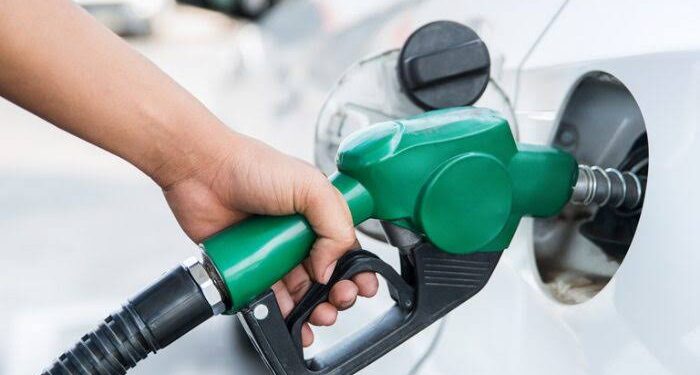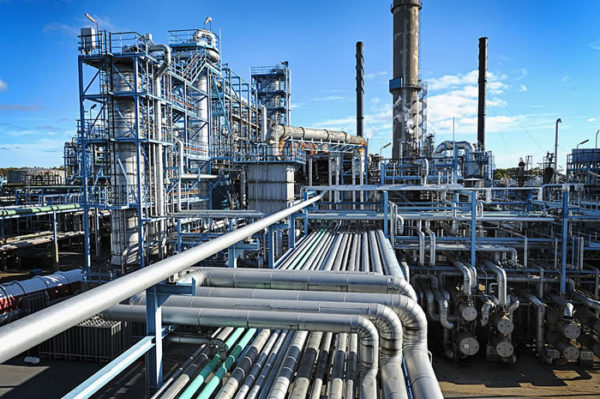The Independent Petroleum Marketers Association of Nigeria (IPMAN) have suspended the sale of petrol at all filling stations nationwide.
This was contained in a letter addressed to all marketers of the product, and signed by Mohammed Kuluwu, IPMAN chairman on Monday, February 6 2023.
The association said continued sales of the product would cause marketers to suffer financial losses.
The letter read, “Following the critical situation as it affects our sourcing and selling of the product at a loss and the action of the authority to impose the selling of product at a loss on our side, you are all hereby directed to suspend selling at all filling stations and also suspend payment of ordering products from source until further notice.”
In a telephone conversation, a source within IPMAN told FIJ that the association met with the Nigerian Midstream and Downstream Petroleum Regulatory Authority (NMDPRA) and the Department of State Services (DSS) on Tuesday morning.
He also said marketers who could not afford the purchase price could not supply fuel to fuel stations, leading to sustained queues at the few stations that had the product.
“We were buying fuel for over ₦300, and regulatory bodies wanted us to sell for the standard price of ₦185, which was later changed to ₦220 last week,” said the source.
“With the intervention of the DSS, we have discussed with NMDPRA and resolved that the private depots will supply fuel for ₦170 to ₦190. As I speak with you, a depot has informed me we can come and buy for ₦190.”
When FIJ asked if this would bring an end to the fuel scarcity debacle, this source said, “In the next few hours, there will be fuel everywhere.”
ALSO READ :Premier League Charges Man City For Alleged Financial Breaches
He said the only problem was that “some marketers still have fuel they bought for over ₦300, so we will find a solution to sell them off”.
FIJ called Peter Afunanya, spokesman for the DSS, but he asked that we text him. As of press time, he was yet to respond to a text message sent to him.
For weeks, Nigerians have had to endure hardships caused by fuel scarcity across the country, with the product selling for as much as ₦500 per litre.












